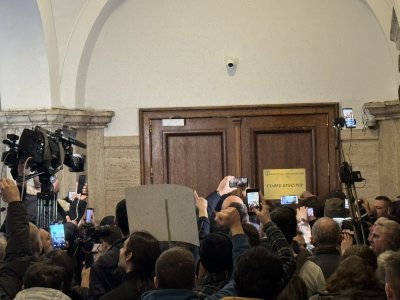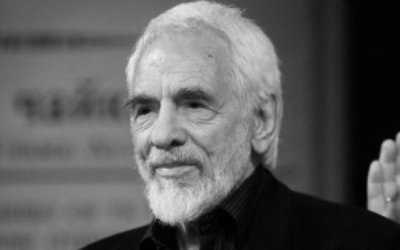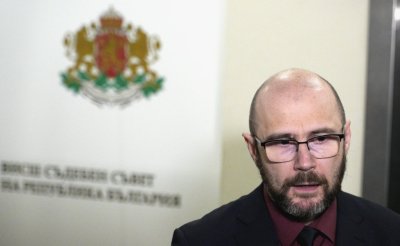The draft state budget for next year will be revised following consultations with employers and trade unions, Finance Minister Temenuzhka Petkova announced after a meeting with social partners on November 28.
GERB leader Boyko Borisov stated that the governing parties are prepared to reduce the proposed increase in social security contributions, scrap the rise in the dividend tax, and drop the planned mandatory sales software for traders. The budget plan will not be withdrawn from Parliament; instead, MPs will submit amendments as proposals for the second reading.
The meeting, which lasted an hour and a half, brought together representatives from employers, unions, and the government.
Temenuzhka Petkova, Finance Minister:
"The tripartite dialogue has been restored. During today’s meeting, we heard proposals from Bulgarian businesses and trade unions. Next week, we will hold another meeting to discuss specific measures suggested by both sides, aiming to find a balanced solution that satisfies everyone."

Representatives of business and industry emphasised the need to protect competitiveness and income levels.
Dobri Mitrev, Chairman of the Bulgarian Industrial Association (BIA):
"Our stance on the dividend tax is firm. Along with the increase in social contributions, this is what concerns Bulgarian businesses the most."

Kiril Domuschiev, Chairman of the Confederation of Employers and Industrialists in Bulgaria (KRIB):
"Workers and companies should be able to maintain their incomes and remain competitive without in any way harming people working in the public sector."

Trade unions, meanwhile, are pushing for a 10% increase in public sector wages, up from the 5% currently proposed.
Dimitar Manolov, President of the Confederation of Labour “Podkrepa”:
"It is clear that things are not going well. They could get worse if we continue like this. We aim to find areas where maximum agreement can be achieved. There are several administrative sectors with humiliatingly low wages where something can be done."

Plamen Dimitrov, President of the Confederation of Independent Trade Unions in Bulgaria (CITUB):
"No one can work for €700 a month and not protest. They take to the streets with our flags and those of our colleagues."

Borisov confirmed that GERB is ready to compromise:
Boyko Borisov, Leader of GERB-UDF Parliamentary Group:
“We will step back from what I have repeatedly said I dislike: from the dividend tax, and from the two-percent contribution to the pension fund, which I think will drop to one. The mandatory software (SUPTO) requirement will be scrapped — I am firmly against it.”

According to calculations by the trade unions, more than €1 billion will be needed to raise wages in the public sector. Additional funds will also be required to scale back the planned increase in social security contributions.
The Ministry of Finance will have five days to indicate where these extra revenues will come from, or which expenditures will be reduced.
So far, Parliament has approved the draft budget at first reading. Once the main budget is amended, a new committee sitting will also be required for the secondary budgets, which must likewise be revised before they can be put to a final vote.
Delyan Dobrev, Chairman of the Budget Committee, GERB-UDF:
“If we manage to agree on proposals acceptable to all three sides next week, we will have enough time to pass the state budget before the end of the year. I am personally surprised by how many overlapping positions there are between employers and unions, and I am optimistic.”

photos by BTA, BNT, BGNES
The Fiscal Council released its opinion on next year’s budget. Its main concerns include a significant risk of tax revenues falling short by more than €3.5 billion; the continued practice — for a fifth consecutive year — of withdrawing funds from state-owned companies, which could put them at risk; and spending growth which, in both this year’s and next year’s budgets, far outpaces economic growth. According to the Council, this will inevitably lead to higher taxes sooner or later.









 Чуй новините
Чуй новините Подкаст
Подкаст



























